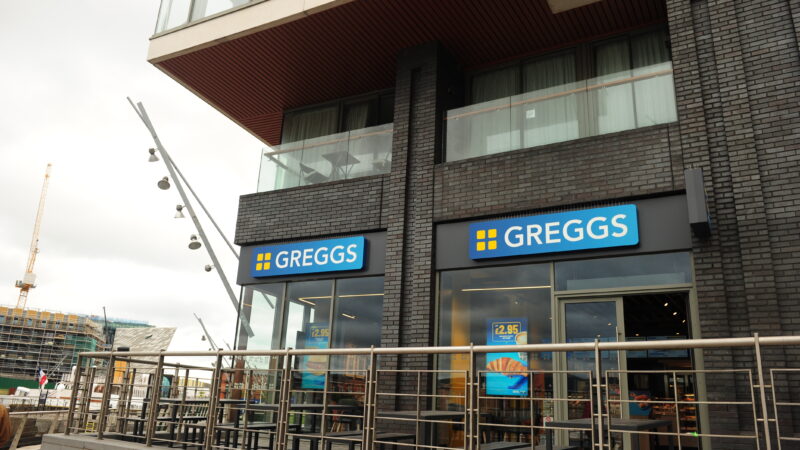Retail sector left ‘counting the cost’ of Autumn Budget

Reaction to Labour’s Autumn Budget has continued to filter through, with many sectors concerned about the financial impacts on their business costs.
Increases in employers’ National Insurance Contributions, as well as rising taxes will leave many SMEs wondering about the future of their businesses, as they weigh up the increasing cost of business and having to increase their own prices and deal with rising staff wages.
Making history as the first female Chancellor to present a Budget, Rachel Reeves put forward the first Labour Budget in 14 years. A raft of measures announced will impact the retail sector, notably the 6.7% rise to the National Living Wage.
National Insurance Contributions (NICs) for employers will also rise, to 15% from April next year, however the threshold at which businesses will start paying will drop – from £9100 to £5000.
While a 40% rates relief scheme for independent retailers and other high street businesses in England was announced, there is no such relief for retailers here, with calls made for the Barnet consequence of this to be used locally by Finance Minister, Caoimhe Archibald to provide the same 40% rates relief for Northern Ireland businesses.
Commenting on the rises to the National Minimum Wage, National President of the Fed (Federation of Independent Retailers), Mo Razzaq said there was no easy way for small retailers to combat these increases.
“Small independent retailers are the backbone of their communities. As responsible employers we want to ensure we are paying a fair wage to our staff, but a bigger than expected rise is a step too far for hard-pressed small businesses,” said Mo Razzaq.
“As well as paying our staff more in wages, we must pay more in National Insurance and pension costs, at a time when many of our other costs, including energy costs, are rising,” he added.

“The only solution available to independent shop owners is to reduce staff hours and staff numbers and, somehow, take on even more hours ourselves.”
Mr Razzaq added that with the cost of doing business soaring, many Fed members are struggling to stay in business.
“It is crucial that they are supported, so going forward, the government must put our concerns and our issues at the top of its agenda.”
Meanwhile, Helen Dickinson, Chief Executive of the British Retail Consortium (BRC) said retailers have been left counting the cost of the Budget.
“For a low margin industry, {today’s} Budget will hit hard, with the odds now stacked firmly against growth and investment in the short term,” said Ms Dickinson.
“These new costs also risk increasing the prices customers pay at the till.
“Retailers strongly support the objective of higher wages and pay growth in the industry has outpaced the UK economy in eight of the last nine years,” added Ms Dickinson.
“However, with retailers facing increases in costs from implementation of the Employment Rights Bill and National Insurance Contributions, investment plans and economic growth will be impacted given the larger-than-expected increase to NLW. This adds £367m more than pre-Budget expectations.”






